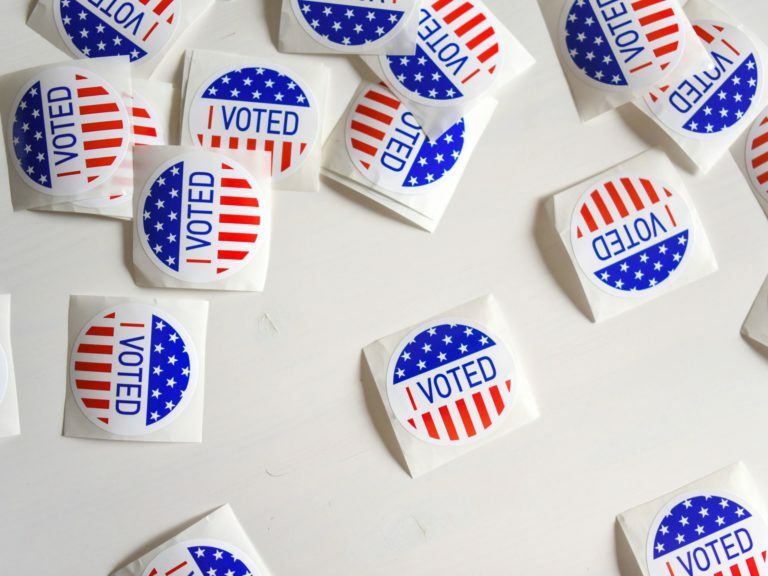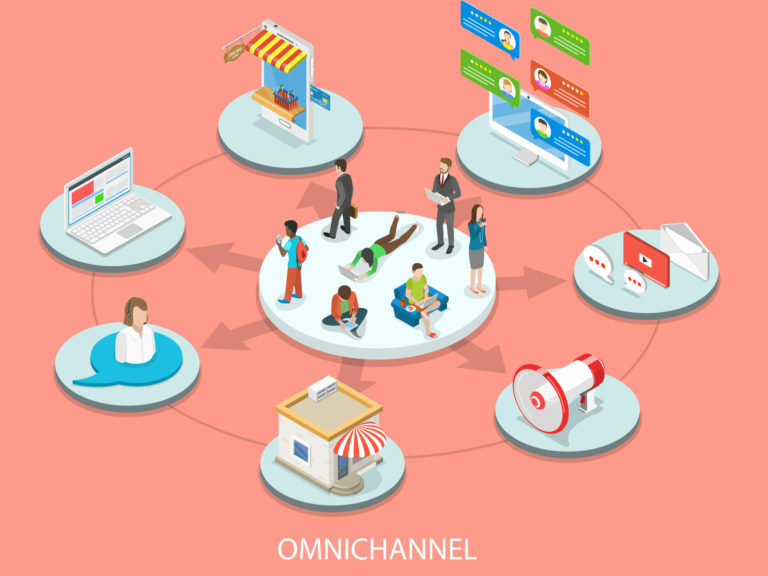The introduction of artificial intelligence to marketing has become a game-changer for brands seeking to elevate their campaigns and connect with their target audiences on a deeper level. Yet, changing landscapes require a map — many marketers remain unclear about AI’s full potential, the benefits it can offer, and how to fully utilize new technology for success.
To shed light on this topic, we sat down with Dan Baird, CEO of Wrench.ai to dive into the benefits of AI, the role of first-party marketing, hyper-personalization technology, and so much more.
This is part one of a two-part series.

Dan Baird
Dan Baird is the CEO and founder of Wrench.ai, providing AI-based products for advertising, marketing, and sales organizations to unify siloed data, automate workflows, personalize content and campaigns, and empower business leaders to make data-driven decisions.
Q: There is a lot of buzz around AI in marketing right now but not that many marketers understand what this technology offers. What do you believe is the biggest benefit to marketers today?
The biggest benefit of AI for marketers today is boosting productivity and helping them unleash their creativity, which can get sidelined when dealing with day-to-day tasks that can take time. A lot of those tasks can now be automated, freeing up time for the things that AI can’t do. Generative AI makes it possible to turn marketing ideas into prompts and then transform those results into different types of campaigns, freeing marketers to focus on refining rather than creating from scratch.
And while it’s true that AI can speed up tasks, it’s not perfect yet. Smart companies are exploring AI’s potential, combining different types of ingredients in a recipe to unlock new possibilities [experimenting with different tools and types of AI]. Those who harness this value [figure out how best to use AI tools and get an ROI] will surge ahead of competitors in the next few years.
Q: As advertisers are moving into a cookie-less world, what is the role of first-party data in marketing, including persona development and creative optimization… How does this process work, and what benefits can advertisers expect to see?
The role of first-party data is more important than ever. And there’s a lot less room for wasting dollars. With the rise of generative AI, creating content is becoming commoditized, making it easier for marketers to meet prospects and customers where they are, or in other words, understand where the target audience is on the customer journey.
That means breaking down data silos across departments and divisions, and developing a deeper relationship with data, moving beyond anecdotal evidence to data-driven insights. This is a huge shift in tactics, moving towards more targeted approaches and better use of existing resources. Now is the time when differentiation and adaptation are key for survival.
Q: Can you provide examples of how this hyper-personalization for campaign success is achieved with AI capabilities and the impact it has on audience engagement?
Hyper-personalization is the new standard in marketing. COVID accelerated online shopping behaviors by about a decade, emphasizing the importance of catering to niche audiences rather than the traditional “spray and pray” approach of using one message for all segments of your target audience. Traditional blockbuster products are giving way to tailored offerings that meet specific needs.
This is a trend towards customization at scale, and that means businesses must adapt their strategies to stay relevant. If they fail to use available data, they’re not going to get the full picture of their audiences, and this leaves them vulnerable to customer dissatisfaction. Many companies still underutilize the wealth of data at their disposal, risking alienating customers who expect personalized experiences. Moving forward, businesses will need to prioritize using their data effectively to drive engagement and meet customer expectations.
Read next: AI-Powered Advertising for Niche Marketing Campaigns



